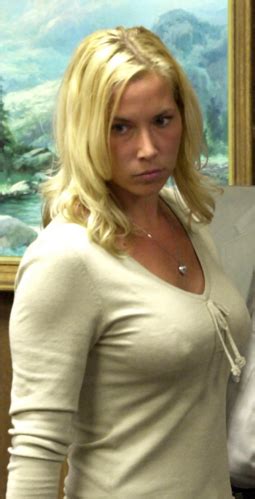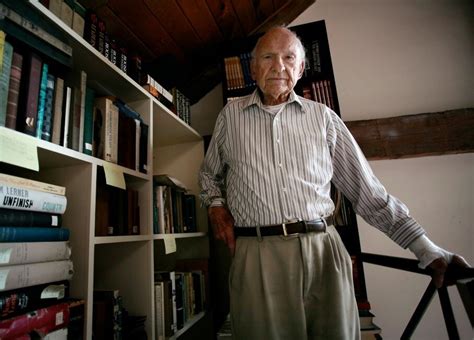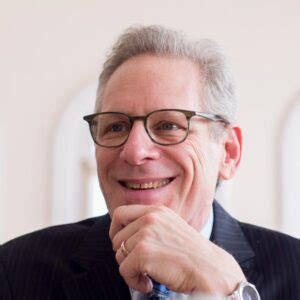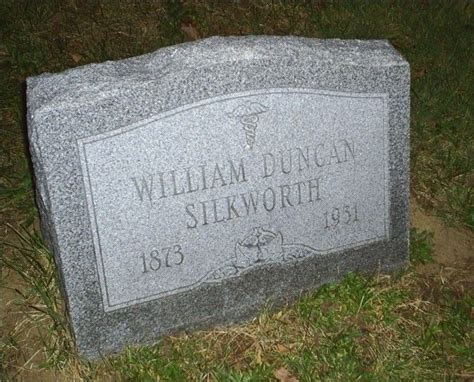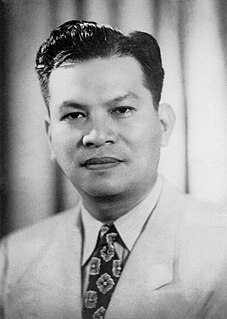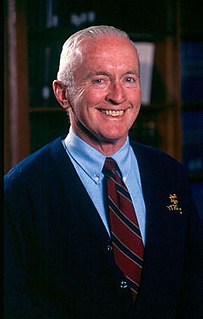A Quote by Anne Scott
Most leaders are indispensable, but to produce a major social change, many ordinary people must also be involved.
Related Quotes
There are many structural changes, both in organizational practice and social policy, that must also change to enable men and women to have the freedom and support to pursue the lives they want to lead. Fortunately, many more people are today engaged in these efforts than when started working on this issue decades ago.
Men have cried out to me in sincere and despairing appeal: 'Doctor, I cannot go on like this! I have everything to live for! I must stop, but I cannot! You must help me!'...One feels that something more than human power is needed to produce the essential psychic change. Though the aggregate of recoveries resulting from psychiatric effort is considerable, we physicians must admit we have made little impression upon the problem as a whole. Many types do not respond to the ordinary psychological approach.
Our military offensive is indispensable, since force must be met by force. But our social offensive is the extra weapon which the enemy cannot produce. Here the enemy meets democracy's strongest element-the ability to realize and satisfy the needs of its people without taking from them their freedom and dignity as human beings.
Not many of us will be leaders; and even those who are leaders must also be followers much of the time. This is the crucial role. Followers judge leaders. Only if the leaders pass that test do they have any impact. The potential followers, if their judgment is poor, have judged themselves. If the leader takes his or her followers to the goal, to great achievements, it is because the followers were capable of that kind of response.
Informal relationships are not mere minor interstitial supplements to the major institutions of society. These informal relationships not only include important decision-making processes, such as the family, but also produce much of the background social capital without which the other major institutions of society could not function nearly as effectively as they do.
What most of us must be involved in--whether we teach or write, make films, write films, direct films, play music, act, whatever we do--has to not only make people feel good and inspired and at one with other people around them, but also has to educate a new generation to do this very modest thing: change the world.
Today, blacks are no longer the litmus paper or the barometer of social change. Blacks are in every segment of society and there are laws that help to protect them from racial discrimination. The new ‘niggers’ are gays. It is in this sense that gay people are the new barometer for social change. The question of social change should be framed with the most vulnerable group in mind: gay people.
Think of managing change as an adventure. It tests your skills and abilities. It brings forth talent that may have been dormant. Change is also a training ground for leadership. When we think of leaders, we remember times of change, innovation, and conflict. Leadership is often about shaping a new way of life. To do that, you must advance change, take risks, and accept responsibility for making change happen.
Unlike every other product that is now manufactured for the table, wine exists in as many varieties as there are people who produce it. Variations in technique, climate, grape, soil and culture ensure that wine is, to the ordinary drinker, the most unpredictable of drinks, and to the connoisseur the most intricately informative, responding to its origins like a game of chess to its opening move.
